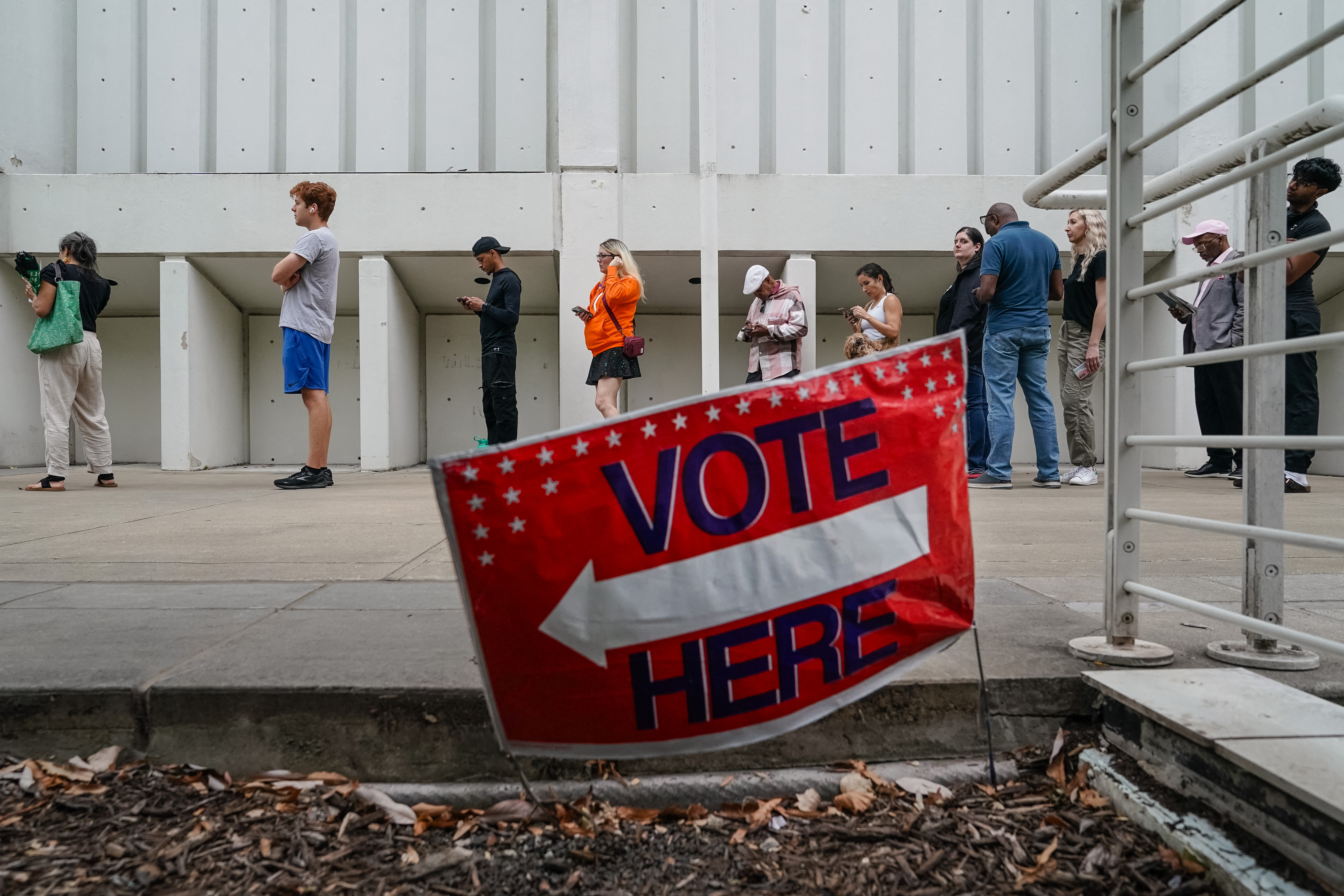
The Biden Administration on Tuesday endorsed legislation that seeks to end disparities in sentencing for crack and powder cocaine offenses.
Regina LaBelle, the acting director of the White House Office of National Drug Control Policy, urged “swift passage” of the “Eliminating a Quantifiably Unjust Application of the Law Act” during a Senate Judiciary Committee hearing. LaBelle emphasized the need to address racial inequities in the criminal justice system and noted that the current sentencing disparity "is not based on evidence yet has caused significant harm for decades, particularly to individuals, families, and communities of color."
WATCH ANYTIME FOR FREE
Stream NBC10 Boston news for free, 24/7, wherever you are. |
"This (disparity) was based on inaccurate and unfound assumptions and has caused disproportionate harm to our most vulnerable communities," LaBelle testified in her opening remarks.
The EQUAL Act aims to end the sentencing imbalance and would allow individuals who were convicted or sentenced for a federal cocaine offense to be re-sentenced. The bill, introduced by Sens. Cory Booker, D-N.J., and Dick Durbin, D-Ill., builds on the Fair Sentencing Act of 2010, which cut penalties for crack cocaine offenses in order to reduce the disparity.
Get updates on what's happening in Boston to your inbox. Sign up for our News Headlines newsletter.
The move marks the evolution of President Joe Biden’s stance — and Washington consensus — on the issue. In 1986, then-Senator Biden helped write a bill that included a provision considering crack cocaine to be significantly worse than powder cocaine. Under that law, a person convicted of possessing five grams of crack cocaine got the same mandatory prison term as someone with 500 grams — 100 times — of powder cocaine, also known as the “100-1 rule.”
The legislation, which had bipartisan support and was backed by most Black lawmakers, was enacted at a time crack cocaine use was rampant and considered a particularly violent drug. The sentencing guidelines subjected tens of thousands of Black Americans to long prison terms for crack cocaine convictions while giving far more lenient sentences to those caught with powder who were more likely to be white. The Fair Sentencing Act reduced the ratio to about 18-1 and eliminated a five-year mandatory minimum for first-time possession of crack.
Biden has since apologized for the “mistakes” he made when it comes to criminal justice issues. In 2008, he said the 100-to-1 ratio was “arbitrary, unnecessary, and unjust,” and acknowledged that legislation he helped draft was “part of the problem that I have been trying to solve since then.”
U.S. & World
Still, the disparity persists. In 2019, 81% of those convicted of crack cocaine offenses were Black, despite white and Hispanic people making up over two-thirds of crack cocaine users, according to the criminal justice reform advocacy group FAMM Foundation.
“For over three decades, unjust, baseless and unscientific sentencing disparities between crack and powder cocaine have contributed to the explosion of mass incarceration in the United States and disproportionately impacted poor people, Black and Brown people, and people fighting mental illness,” Booker said in a January press release introducing the bill.



